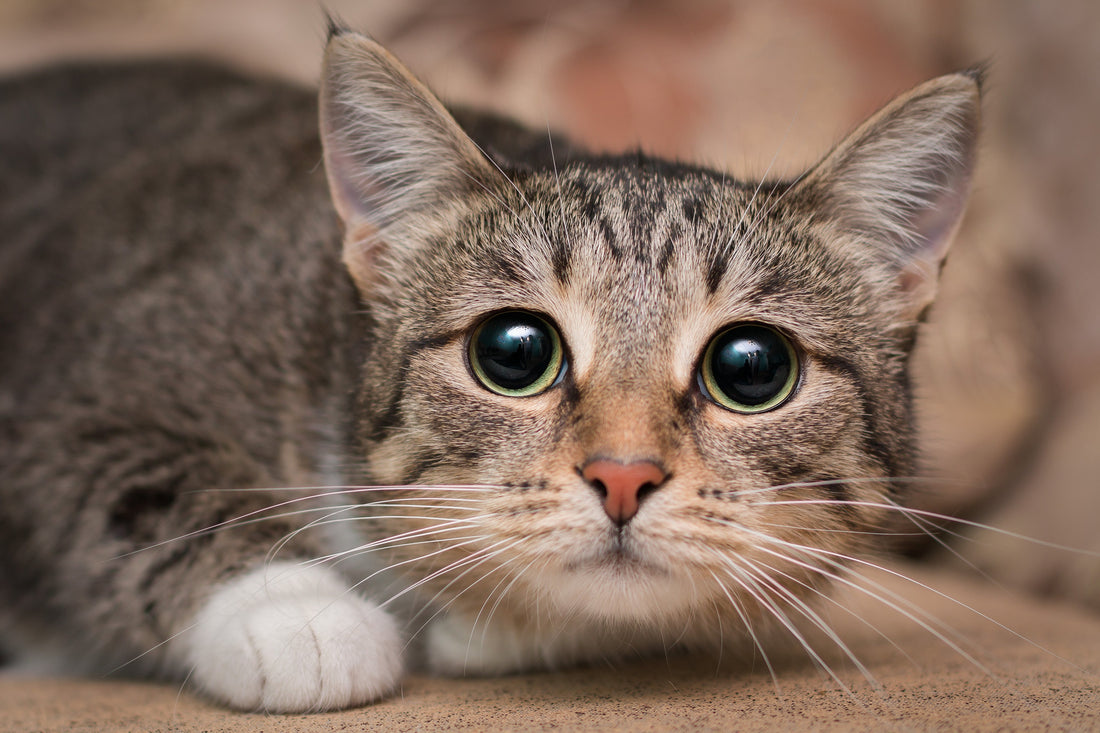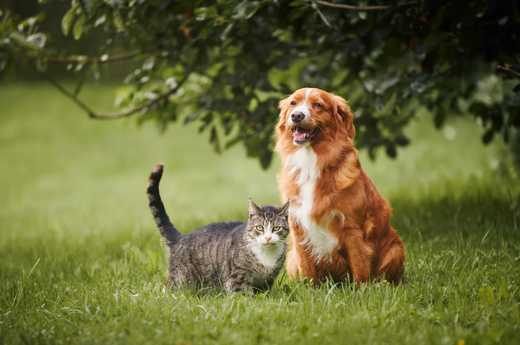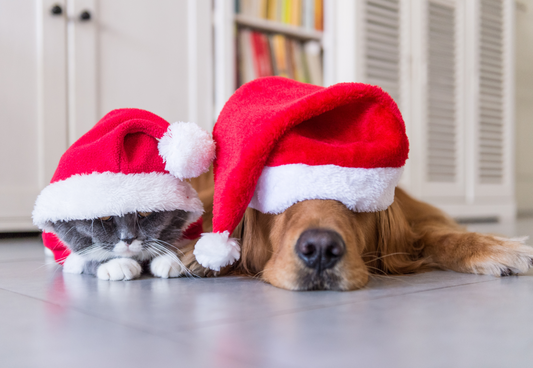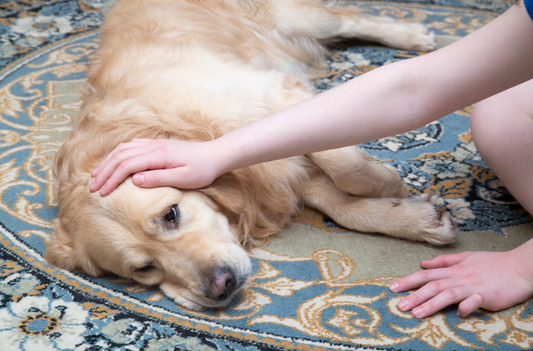When Loud Noises Make Your Pet Cower: Understanding Noise Phobia in Pets
Does your furry friend tremble or hide when the doorbell rings, or erupt in barking at the sound of thunder? They might be experiencing noise phobia, a common anxiety disorder in pets. This condition can significantly impact their quality of life, causing stress and fear during everyday events.
Here at Healthy Pet Co., we understand the importance of your pet's well-being. In this blog, we'll delve into noise phobia in pets, exploring the causes, common triggers, and symptoms. By recognising these signs, you can help your pet feel safe and secure during noise-induced anxiety.
What is Noise Phobia in Pets?
Noise phobia, also known as sound sensitivity or sound aversion, is an extreme fear response triggered by specific sounds. These sounds can be loud (like fireworks or thunder) or seemingly innocuous (vacuum cleaners, sirens, barking dogs).
For a pet experiencing noise phobia, these sounds become overwhelming and terrifying. Their fight-or-flight response kicks in, leading to a range of physical and behavioural symptoms.
What Causes Noise Phobia?
The exact cause of noise phobia in pets remains unknown. However, several factors are believed to contribute:
- Genetics: Some breeds may have a predisposition to noise phobias. For example, herding breeds like German Shepherds and Border Collies are often more sensitive to sounds.
- Negative Experiences: A traumatic event associated with loud noises, like a thunderstorm during a frightening situation, can trigger phobic responses in some pets.
- Lack of Early Exposure: Puppies and kittens experiencing minimal exposure to various sounds during their critical socialisation period might be more susceptible to developing noise phobia later in life.
Common Triggers for Noise Phobia in Pets
The specific sounds that trigger noise phobia can vary between pets. Here are some common triggers:
- Thunderstorms: The sudden booms and flashes of lightning can be terrifying for noise-phobic pets.
- Fireworks: The loud bangs and bright lights associated with fireworks can induce anxiety in pets.
- Household noises: Vacuum cleaners, hair dryers, smoke alarms, and even the doorbell ringing can be triggers for some pets.
- Traffic noises: Cars honking, sirens wailing, and busy streets can create anxiety in noise-sensitive pets.
- Other pets barking: The sound of barking dogs, especially unfamiliar ones, can trigger fear in some pets.
Recognising the Signs of Noise Phobia
Pets experiencing noise phobia exhibit various physical and behavioural changes in response to their triggers:
- Physical signs: Trembling, shaking, panting, excessive drooling, pacing, hiding, dilated pupils, and loss of bladder or bowel control.
- Behavioural signs: Excessive barking or whining, destructive behaviour (chewing, scratching furniture), attempting to escape, seeking comfort from their owner, and becoming withdrawn or inactive.
Living with a Noise-Phobic Pet
If you suspect your pet has a noise phobia, consult your veterinarian. They can help diagnose the condition and recommend a treatment plan that may include:
- Desensitisation training: Gradually exposing your pet to the phobic sound at a low volume over time, pairing it with positive reinforcement.
- Counterconditioning: Pairing the phobic sound with something pleasant, like treats or toys, to change their emotional response gradually.
- Medications: In some cases, your veterinarian might prescribe anti-anxiety medication to help manage your pet's fear during particularly stressful events.
Healthy Pet Co. : Here to Help!
At Healthy Pet Co., we understand how noise phobias can disrupt your pet's wellbeing and your daily routine. We offer a variety of resources to help you support your furry friend:
- Our blog: Stay tuned for future articles with tips on desensitisation training, noise-proofing your home, and creating a calm environment for your pet during stressful events.
- Expert advice: Our knowledgeable staff is here to answer your questions and recommend calming aids or noise-blocking products.
- High-quality products: We carry a range of vet-approved calming treats, supplements, and noise-muffling accessories to help reduce your pet's anxiety.
By combining veterinary care with the support of resources and products available at Healthy Pet Co., you can help your pet manage noise phobia and live a happier, calmer life. Remember, a little understanding and proactive approach can make a world of difference for your furry companion.




